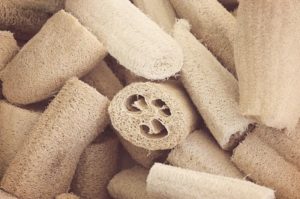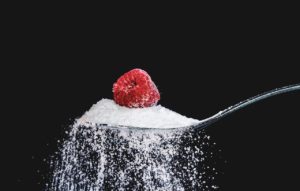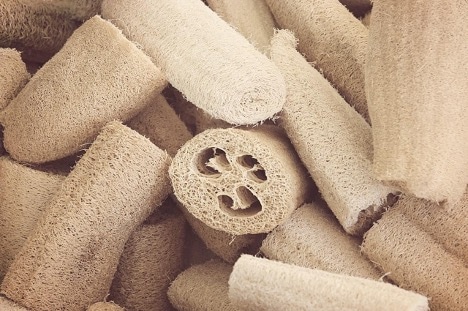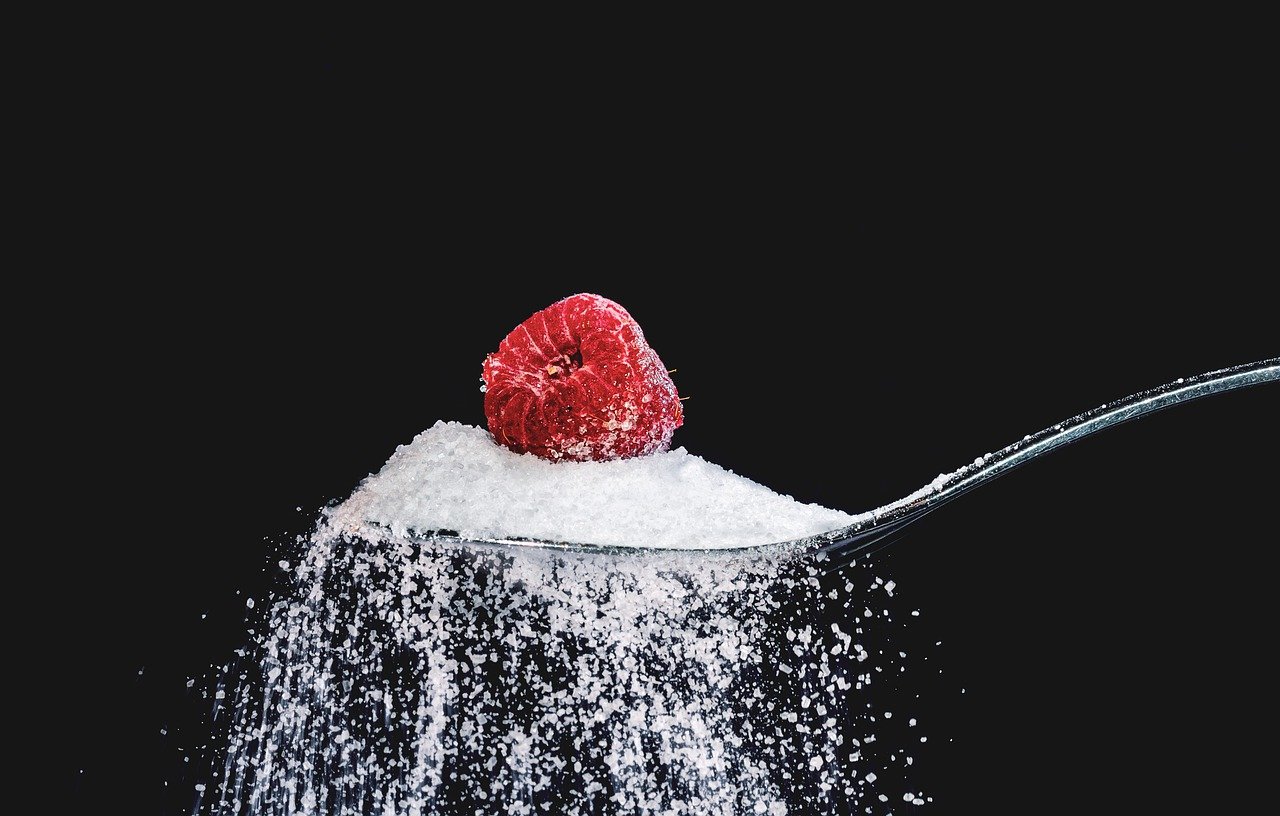Touch your face and your finger tips become greasy. If this is the case, you have oily skin. It is a blessing in disguise. Do you know oily skin is less prone to getting wrinkles? The natural oils keep skin supple and smooth for longer.
However, too much oil can become a breeding ground for bacteria and infection. It can lead to other skin problems like acne, pimples, blackheads, whiteheads, and dull complexion.
Cause of oily skin

Genes, darling! Chances are high that your mother or father or your grandparents may have had oily skin…and now you are the “proud owner” of this “legacy.” Of course, you need to be proud of such skin, as, at least, you need not worry about wrinkles for a long time.
You only need a few tips to control your overactive sebaceous glands and that’s it. You can enjoy beautiful, ageless skin for as long as you want. Oily skin definitely has an edge over other skin types when it comes to aging.
Triggers of oily skin
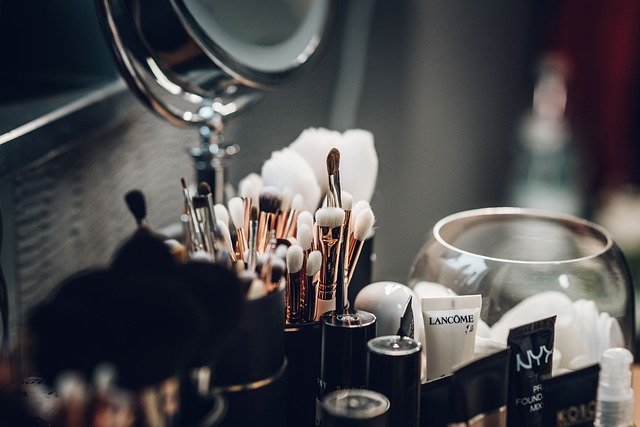
Your skin is oily by nature – you cannot help it; but there are certain things you do yourselves to trigger oil production.
- One of the commonest mistakes you make is over washing the face. You think this would stop oil production, but the reverse happens. Excess washing dries up skin. This stimulates oil glands to produce more oil. So, if you have been washing face 4 times a day, after a few days you will need to wash 6 times and the oil still won’t stop.
- Another mistake is using harsh face washes. You are silently damaging your skin. Strong washes strip skin off natural oils and trigger more oil production.
- Seasonal changes trigger oil production in skin. You cannot do much in this case, except alter your skin care and diet to let your oil glands take it easy. Try to be in tune with nature.
- Are you stressed out since long and are suffering from greasy skin? This explains it. Stress creates hormonal upheaval in the body. This, in turn, affects the way your oil glands function. Everything seems to be related, doesn’t it? That’s why experts advise to check your diet and stress level to enjoy healthy skin.
- Many people notice skin getting oilier during onset of puberty and other biological changes in the body. This is natural. Skin regains its normal self after the hormones balance themselves.
Things you can do for oily skin
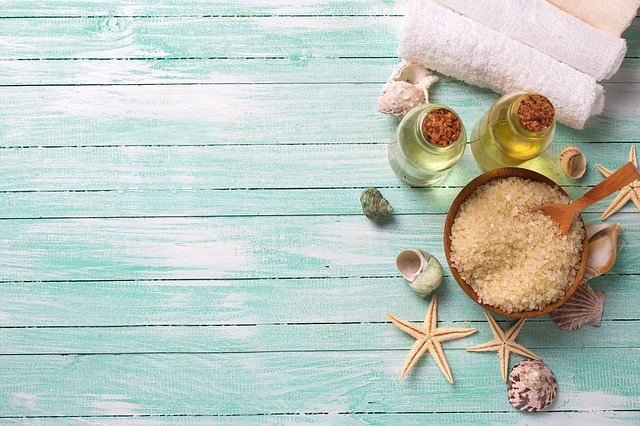
- Stop over washing your skin. Let your skin be. Wash in the morning and before hitting the bed. During the day, you may keep wet wipes to control that oil. Also, wash face after coming from outside.
- Invest in mild face washes meant for oily skin.
- Use an oil-free moisturizer. Face washes dry skin. This makes oil glands to produce oil quickly. When you slather a thin layer of moisturizer after a wash, your oil glands won’t be that quick to produce oil.
- Drink plenty of water during the day…up to 3 liters. This helps to flush out toxins from body system and keeps skin hydrated and supple. Both contribute to healthy, beautiful skin.
- When you feel your skin is too greasy use a face pack that contains fuller’s earth. Make a paste with rose water or lemon drops (both work as astringents). Apply on face and leave it on till it dries. Wash off with lukewarm water. Give a final splash of cold water to tighten pores. Watch your skin glow! Fuller’s earth helps to control excess oil production.
- Watch your diet. Eat less of oily stuff. Cut down on junk food. Eat fresh foods and your skin stays fresh. Avoid white sugar, white flour, and other processed items.
3 Foods that keep skin as fresh as a flower
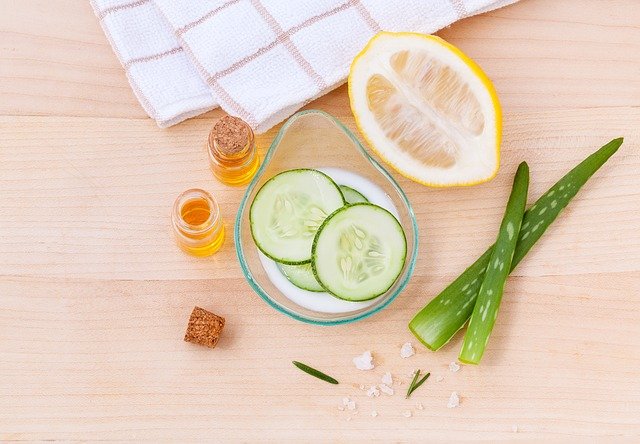
- Cucumber: It is made up of 95 per cent water. Eat it. Apply it on face. It gives face freshness. Cucumber is loaded with antioxidants in its skin. Its seeds contain anti-oil properties.
- Grapefruit: It has double benefits – it controls oil production in skin and it helps to burn fat in body. The fruit is high in water, Vitamin C, and fiber. All this packs a powerful punch for oily skin.
- Avocado: This fruit is high in Omega 3 fatty acids, which is the “fountain of youth” for ageless skin. The fruit helps to slow down oil production in skin and freshens up tired skin. With age, skin loses its plumpness due to breakdown of subcutaneous fat in its deepest layer. This makes skin less elastic and more prone to wrinkles. Avocadoes help to restore the lost fat of skin so that it stays plump and youthful.
Milk is bad for oily skin

Surprised, are you?
Everybody asked you to drink a glass of milk to let your bones get calcium, especially after 30 years of age. A glass of warm milk is said to trigger a nice sleep at night.
Well, milk has its set of benefits. It is regarded as whole food by nutritionists; but dermatologists have concluded that the same milk is bad for oily skin.
Dairy products stimulate oil glands of skin. Also, a new research suggests that consuming excess dairy products can actually make skin appear aged.
If you drink milk for calcium, you can find this mineral in other foods too. If you drink milk because you love it, you can consume other forms of milk like soy milk, almond milk, and others.
Leafy greens like broccoli, kale, spinach, and Brussel’s sprouts contain more calcium per unit than milk of cow. So, if you are fed up of your skin’s greasy look, you know what to do, right?
Lastly, celebrate oily skin. You are lucky to have it. Thank Mother Nature for giving you this skin type. As you age, you will realize how true it is. Oily skin ages the slowest. Ask people who have dry skin and how they struggle to maintain their skin’s suppleness and moisture. So, don’t stop that oil; control it and take measures to enhance overall skin health.
Your everyday routine is already packed with tedious tasks that require you to sit at your work desk as you Read more
Healthy glowing skin is dependent on using the correct products for your skin’s composition.





